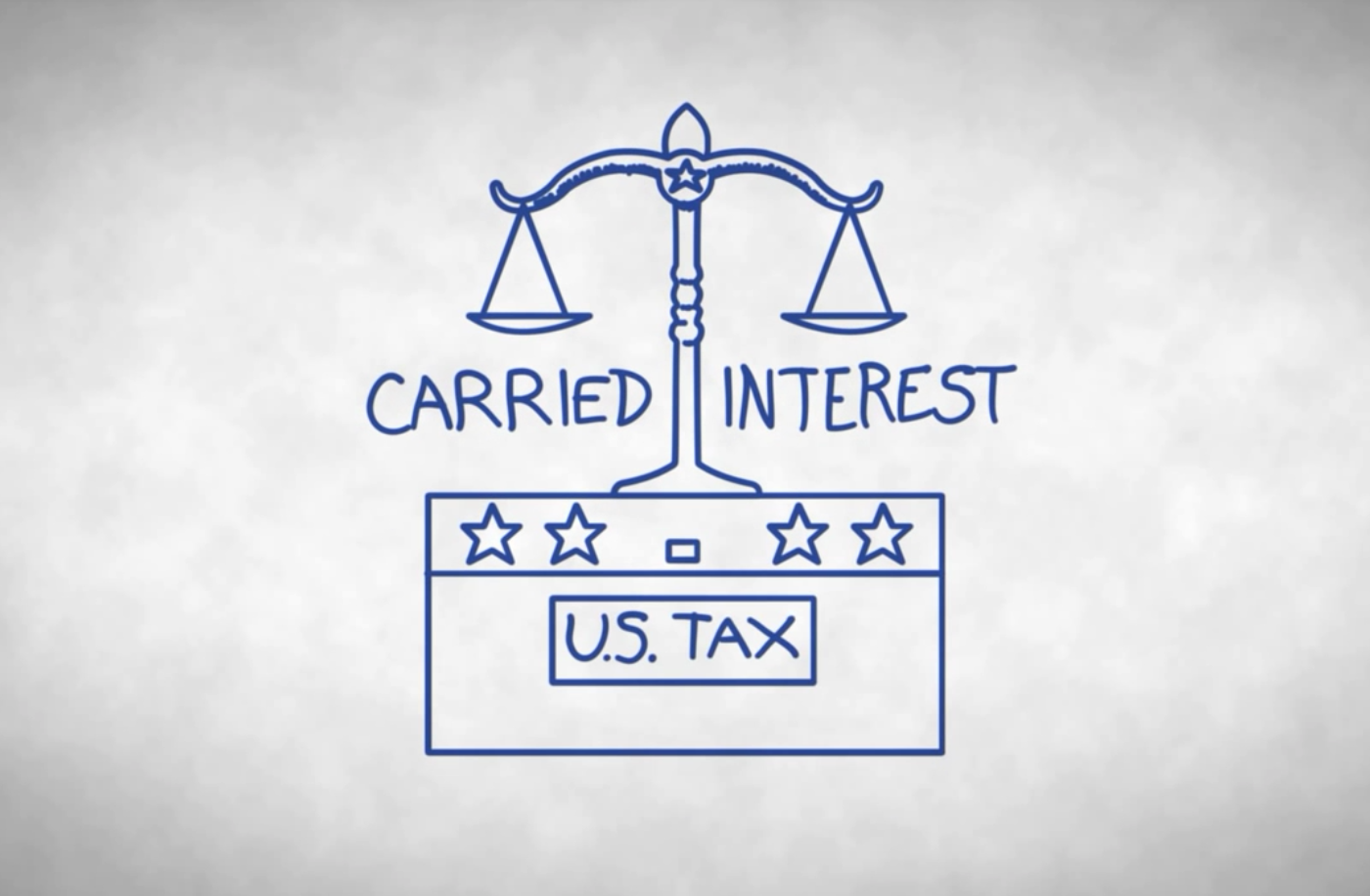The Hill: Carried interest is a capital gain
By James Maloney: In his Oct. 16 Congress Blog post for The Hill, “What the carried interest tax loophole reveals about our corrupt political system,” Morris Pearl builds an argument based on…

By James Maloney: In his Oct. 16 Congress Blog post for The Hill, “What the carried interest tax loophole reveals about our corrupt political system,” Morris Pearl builds an argument based on inaccuracies.
He claims that the top 25 hedge fund managers in the U.S. paid a lower tax rate than kindergarten teachers because of the tax treatment of carried interest. This is false. The tax rate he cites applies to long-term capital gains found in the private equity, real estate and venture capital industries that each make long-term investments; hedge funds typically invest for less than a year, and therefore their managers pay short-term capital gains, which are taxed equivalent to ordinary income rates.
Soon after, Pearl mischaracterizes carried interest as a fee. In fact, carried interest is a profits interest retained by private equity, real estate and venture capital firms when they partner with investors, such as pensions and charitable endowments. This profit share is realized only after these pensions and endowments receive back all of their invested capital, plus a hurdle rate of return that is typically around 8 percent, and then an 80 percent split of remaining profits. The other 20 percent of remaining profits is the carried interest. This alignment of interests is a major reason why pensions are the biggest investors in private equity, and why this asset class has helped secure the retirements of millions of hardworking teachers, firefighters and police officers throughout our country.
Far from “welfare for the wealthy” and far from a “loophole,” the taxation of carried interest is a sound, long-standing tax law that encourages long-term investment in capital assets, such as manufacturing plants, technology startups and many other businesses that drive our national economy forward. Carried interest is appropriately treated as a long-term capital gain.
From James Maloney, director of communications, Private Equity Growth Capital Council, Washington, D.C.


